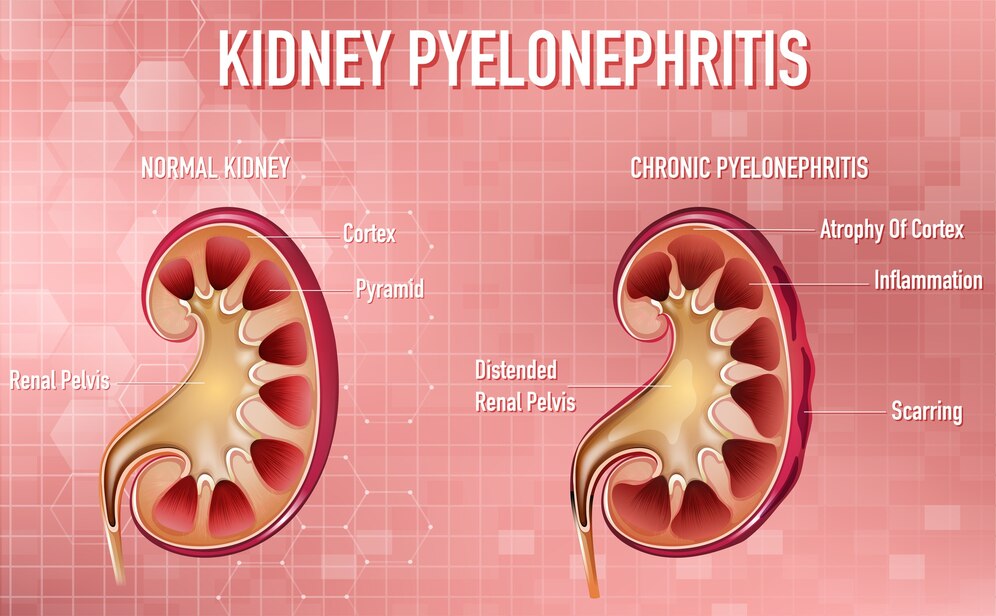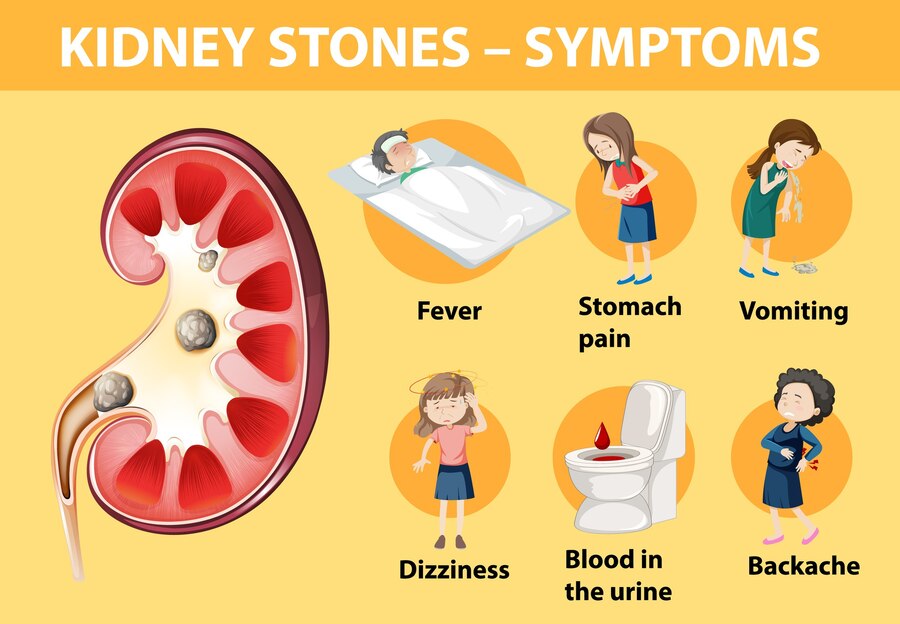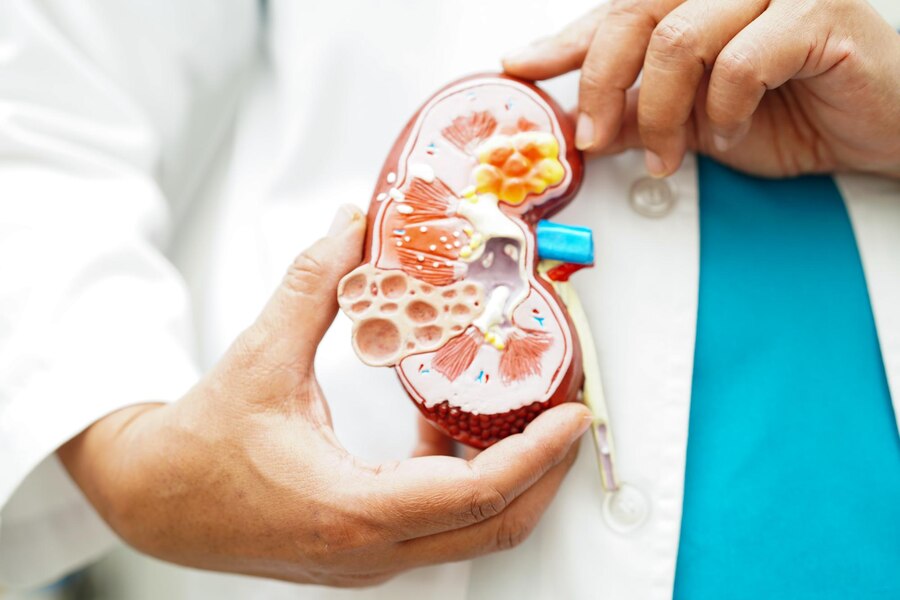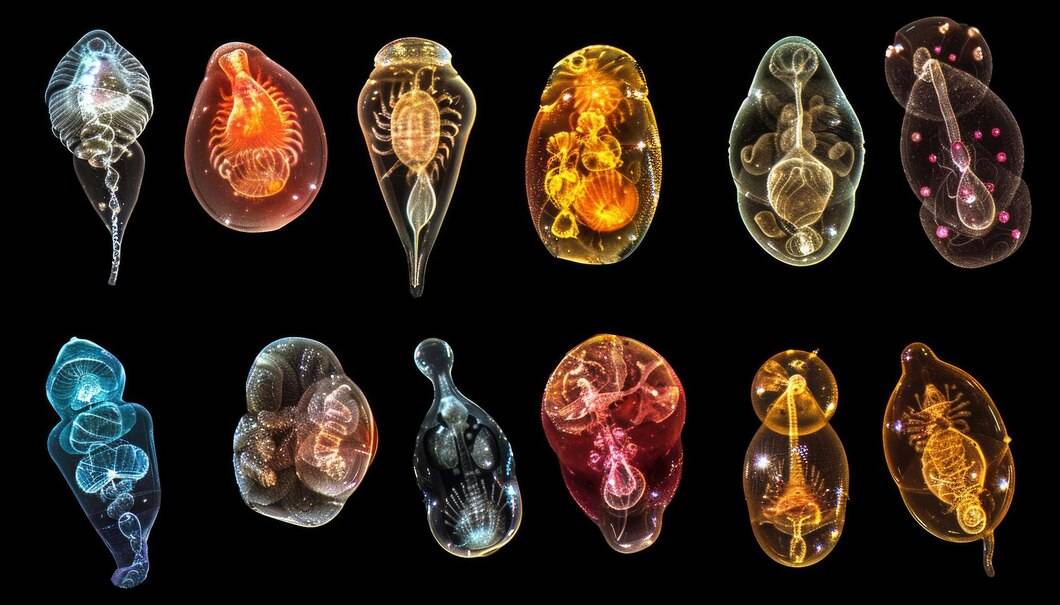Introduction
Welcome to our complete guide on stage 4 kidney cancer, a disease that needs a full understanding and proactive treatment. We understand the value of giving accurate information on the symptoms, therapies, and prognosis associated with this late stage of kidney cancer.

Table of Contents
Understanding Stage 4 Kidney Cancer
sometimes called cancer that has spread cell cancer, is the most advanced stage of kidney cancer. Cancer has migrated from the kidneys to other organs or tissues, making therapy more difficult.
Symptoms of Stage 4 Kidney Cancer
Recognizing the Signs

Symptoms may vary from person to person but commonly include:
- Persistent Pain: A persistent, painful pain in the side or lower back that refuses to go away.
- Blood in Urine: Hematuria, or blood in the urine, might indicate advanced kidney cancer.
- Unexplained Weight Loss: Despite your normal eating habits, you lose weight swiftly and unexpectedly.
- Exhaustion: persistent fatigue and weakness despite adequate rest.
- Swelling: The swelling of the legs and ankles is due to fluid retention.
- Loss of Appetite: Appetite loss is a considerable decrease in food intake.
Diagnosis and Staging
Diagnostic Procedures
Diagnosing typically involves:

- Imaging Tests: CT scans, MRI scans, and PET scans are used to identify the extent of cancer spread.
- Biopsy: A tissue sample may be obtained through a biopsy to confirm the presence of cancerous cells.
- Blood Tests: Blood tests, including renal function tests and tumor marker tests, can provide additional information about kidney function and cancer activity.
Staging of Kidney Cancer
Stage 4 kidney cancer is characterized by the spread of cancer beyond the kidneys to distant organs or tissues. Staging helps oncologists determine the most appropriate treatment approach and prognosis for individuals with advanced kidney cancer.
Treatment Options
Surgery
While surgery may not always be feasible for stage 4 kidney cancer, it may be recommended in certain cases to remove the primary tumor or alleviate symptoms associated with metastasis.
Targeted Therapy
Targeted therapy drugs are meticulously crafted to pinpoint cancer cells while minimizing harm to healthy cells. They are administered either independently or alongside other therapies to decelerate the advancement of stage 4 kidney cancer.
Immunotherapy
Immunization works by strengthening the immune system to detect and fight cancer cells. It has shown encouraging benefits in increasing survival and increasing quality of life for certain patients with advanced kidney cancer.
Clinical Trials
Participation in clinical trials may offer access to cutting-edge treatments and therapies not yet available to the general public. Clinical trials play a crucial role in advancing cancer research and improving treatment outcomes for individuals with stage 4 kidney cancer.
Outlook and Prognosis
Disease spread, general health, and response to therapy. While stage 4 kidney cancer is often incurable, advances in treatment choices have resulted in improved survival rates and quality of life for many people afflicted with this advanced stage of the illness.

Sure, here’s an explanation of the outlook and prognosis for stage 4 kidney cancer in bullet point
- Outlook and prognosis refer to the expected course of the disease and the likelihood of recovery or survival.
- For stage 4 kidney cancer, the prognosis is generally less favorable compared to earlier stages due to the advanced spread of cancer.
- Factors influencing prognosis include the extent of cancer spread, overall health condition, and response to treatment.
- Stage 4 kidney cancer is considered advanced, indicating that cancer has spread beyond the kidneys to other organs or tissues.
- Treatment options for stage 4 kidney cancer aim to slow disease progression, alleviate symptoms, and improve quality of life.
- Advancements in medical treatments, such as targeted therapy and immunotherapy, have improved the outlook for some individuals.
- Regular monitoring and follow-up appointments are important for assessing treatment response and making adjustments to the treatment plan.
- Despite the challenges, many individuals with stage 4 kidney cancer are able to maintain a good quality of life with support from healthcare professionals and loved ones.
Conclusion
Certainly, here’s the conclusion distilled into bullet points:
